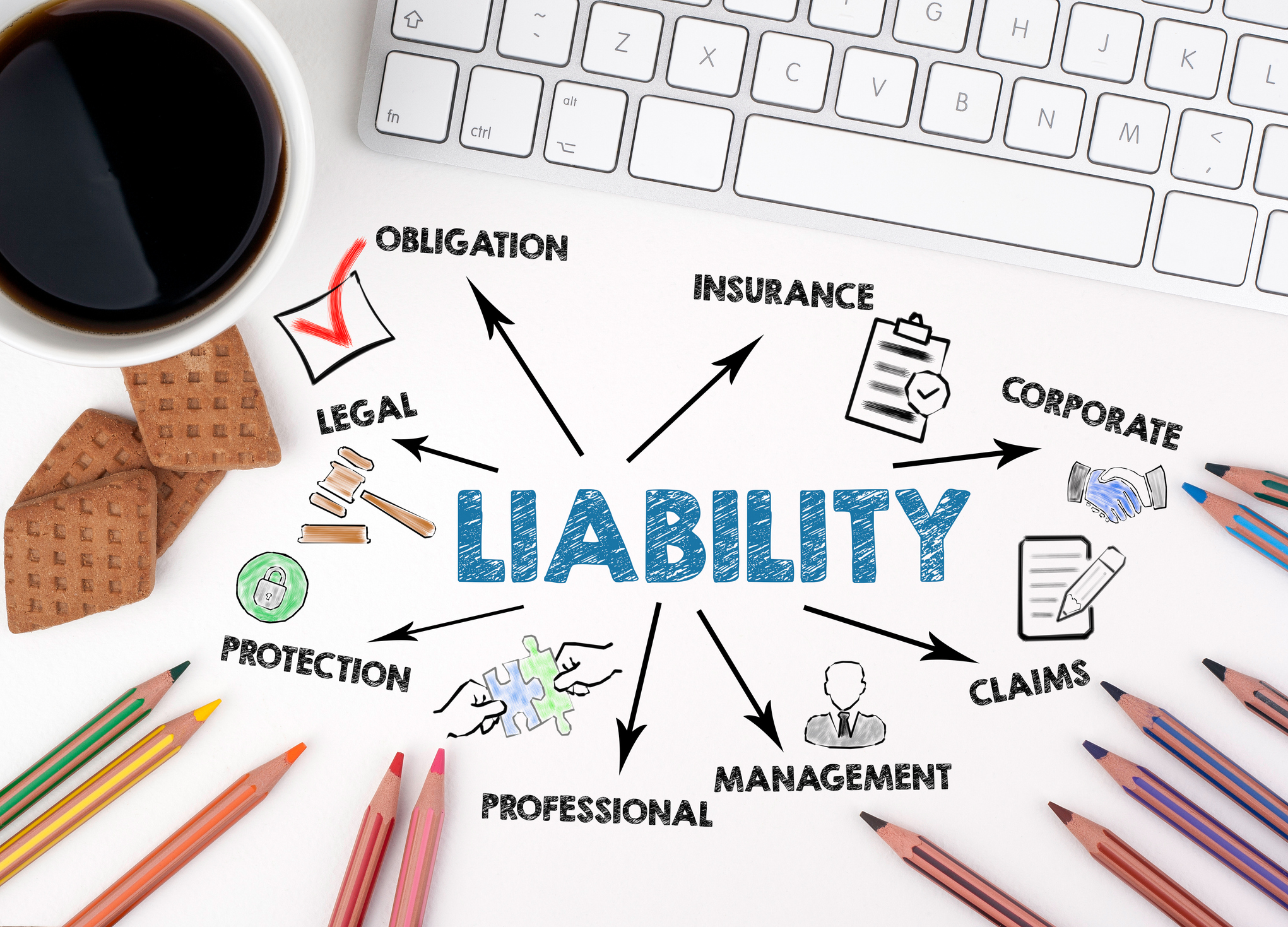October 2014
LEGAL BEAT
Fee Schedules, Partial Reviews, Fixed-Price Contracts, Specs and Antitrust

Q
uestion: I am an engineer in private practice who recently learned that a local county government for which my firm occasionally does work uses a fee schedule prepared by the local government’s employees in assisting it in negotiating fees with engineering firms. I thought fee schedules were illegal. Can you clarify? (Iowa)
A
nswer: It is generally not unlawful for a customer to employ a fee schedule developed by that customer to determine acceptable fees for services acquired by that customer. However, individual providers of services in competition with one another (e.g., engineering firms) who develop an express or implied agreement that has the effect of raising, lowering, or stabilizing prices could be found in violation of federal antitrust laws. A fee schedule developed by providers of services in competition with one another could be viewed as such an agreement. This type of conduct is considered a “per se” violation of antitrust laws, and no excuses can be advanced to show that it was reasonable under the circumstances. Conviction of a government criminal action can result in substantial fines, imprisonment, as well as civil damages which, if proven, are multiplied by three.
Q
uestion: I am a professional engineer who recently was asked to sign and seal plans and specifications for a prefabricated building used by the owner. The prefabricated building was designed by an engineer not licensed in the state in which the project is being developed. I have been offered a fee for sealing the plans and specifications, but the fee is not adequate to compensate me for the necessary review of the contents of the plans and specifications. Can I do a partial review? (Alabama)
A
nswer: According to the Alabama Administrative Code Section 330-X-11-.03(1), a licensee has an obligation to review “the documents in sufficient depth to fully coordinate and assume responsibility for documents prepared by another licensed professional engineer” notwithstanding the adequacy of the fee. Should the project result in litigation, you would be preclude from claiming that you were unable to perform a sufficient design review based on the inadequacy of the fee because the rules specifically require to you to perform a sufficient review before you place your signature and seal on the documents. Therefore, it would seem that you have a responsibility to perform the necessary review of the contents of the plans and specifications.
Q
uestion: My firm is executing a fixed-price architect/engineer contract with the Air Force in Japan. Recently, our firm submitted estimates and a substantiated voucher for 90% of the work that was completed. The contracting officer refused to accept our voucher for partial completion invoice until the reviewing agency had reviewed the documents for their adequacy and had accepted the documents. Is this policy consistent with the relevant federal regulations? (Japan)
A
nswer: Under 48 CFR 52.232-10 (Payment under Fixed Price Architectural/Engineering Contracts): “After receipt of each substantiated voucher, the Government shall pay the voucher as approved by the Contracting Officer or authorized representative. The Contracting Officer shall require a withholding from amounts due under paragraph (a) of this clause of up to 10 percent only if the Contracting Officer determines that such a withholding is necessary to protect the Government’s interest and ensure satisfactory completion of the contract. The amount withheld shall be determined based upon the Contractor’s performance record under this contract. Whenever the Contracting Officer determines that the work is substantially complete and that the amount retained is in excess of the amount adequate for the protection of the Government, the Contracting Officer shall release the excess amount to the Contractor.”
Therefore, it would appear that acceptance by the reviewing authority is not a precondition for payment. Acceptance is only required for the payment of unpaid balances, retainage, etc.
Responses are based on questions posed to NSPE Legal Counsel Arthur Schwartz.
Are you an NSPE member with a legal question for this column? Send it to Arthur Schwartz, 1420 King St., Alexandria, VA 22314-2794; fax 703-836-4875; or e-mail [email protected].
These questions and answers do not, in any way, constitute legal advice. Always consult your own attorney before reaching any conclusions or acting upon any information presented in this forum. Also note that legal precedents change. An answer based on a case from several years ago may have a new perspective today.


 Volunteering at NSPE is a great opportunity to grow your professional network and connect with other leaders in the field.
Volunteering at NSPE is a great opportunity to grow your professional network and connect with other leaders in the field. The National Society of Professional Engineers (NSPE) encourages you to explore the resources to cast your vote on election day:
The National Society of Professional Engineers (NSPE) encourages you to explore the resources to cast your vote on election day:




